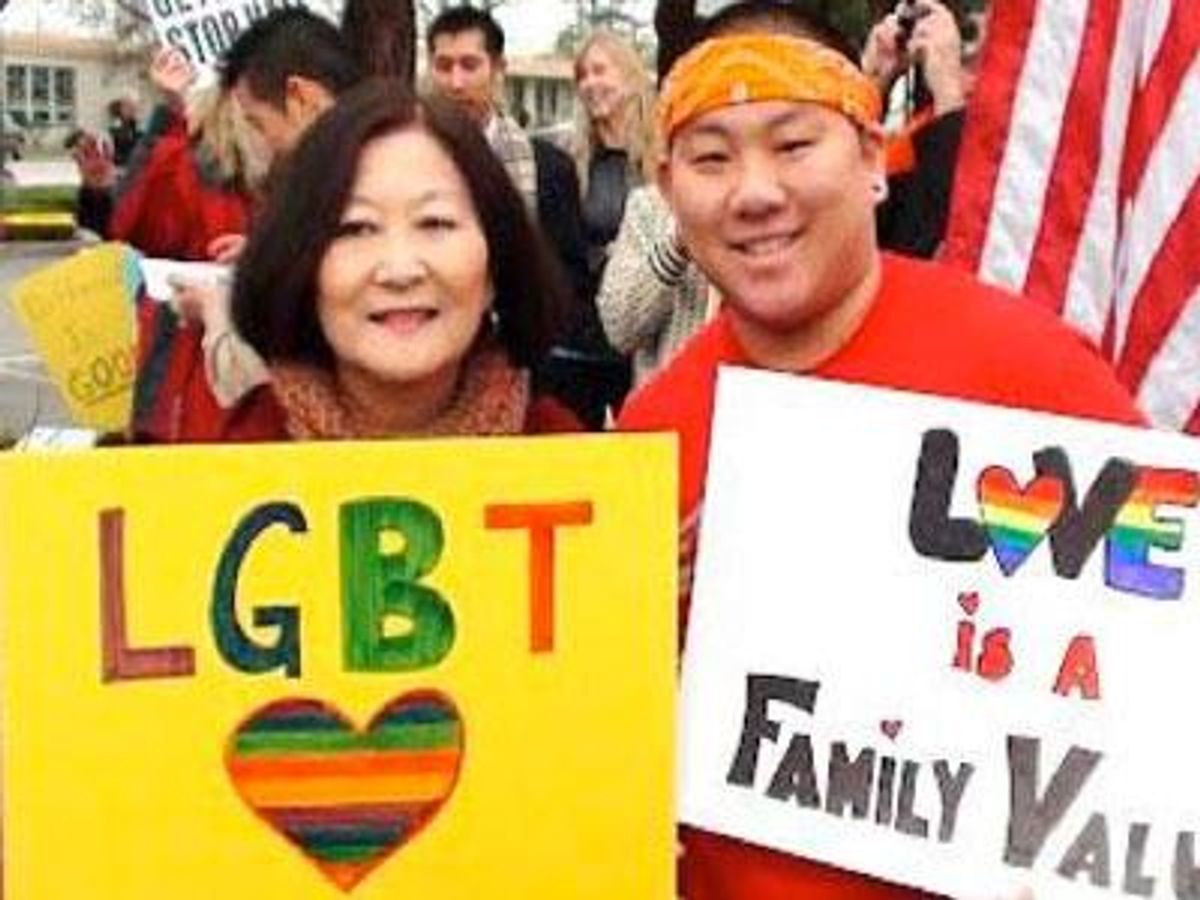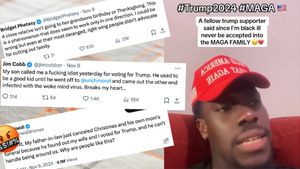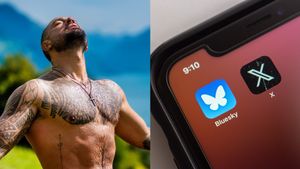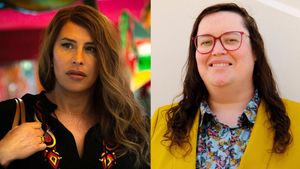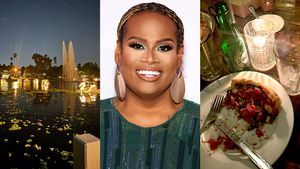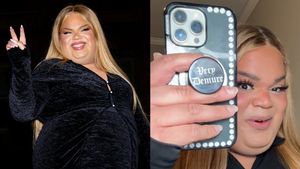Marsha Aizumi's reaction to her daughter's coming-out was a common one among Asian and Pacific Islander Americans.
"I'm going to bring shame to my family," Aizumi recalls thinking, remembering a relative who told her, when she was a child, never to tarnish a proud family name. "Asian parents, they don't want to publicize things that could bring shame or make them lose face, so they keep things quiet in the family or don't talk about it."
Aizumi, whose daughter ultimately realized he was a transgender man, now sits on the board of directors for PFLAG National. She said she weighed her cultural heritage against the importance of supporting her child. In the end, she found a middle ground: "I just believe I can best honor my ancestors by standing up for my child."
The culture that led Aizumi to worry about the repercussions of her son's identity still prevails among a large swath of the Asian and Pacific Islander community. Many API families who immigrated to the United States see the LGBT identity as an American disease. The creation of a new website, honoring the coming-out stories of API Americans, seeks to end those notions and simultaneously honor the cultural heritage many API families still cherish.
The website is called Q&A Space, with Q and A standing for "queer" and "Asian." It is a project of API Equality-LA, a civil rights organization that seeks to advances LGBT rights in the API community. Last summer, two interns, Hertz Alegrio and Shelly Chen, started documenting the stories of LGBT APIs. They also work with volunteer Water Tlatenchi and Brian Nguyen, a program director at API Equality-LA.
"We recognized that the coming-out experience for API LGBT people, especially youth, is challenging, often because cultural and language barriers prevent us from connecting with our families effectively and honestly," Nguyen says. "For many API LGBT youth, there's a sense that our identities would generate disappointment and force us to live double lives."
According to the Williams Institute, an estimated 325,000, or 2.8%, of all Asian and Pacific Islander adults in the United States identify as lesbian, gay, bisexual, or transgender. Nearly 33,000 API individuals are in same-sex couples, a third of which live in California, Hawaii and New York.
A site specifically targeting API youth and their parents is needed because of cultural differences around the coming-out process, Nguyen says. Family position, such as being the oldest child, is a consideration for many API children, as are religious barriers and immigration status issues. Language is also a key factor: Many API youth do not speak their parents' native tongues, have helpful resources in native languages, or know how to describe their identities, since many API languages only describe LGBT people in negative terms.
Q&A Space is the first website specifically targeting LGBT Asians and Pacific Islanders and the issues they and their families face in the coming-out process. The site includes multimedia stories, coming-out advice, and, importantly, resources for parents translated into eight languages, with three more on the way. There are also fact sheets in multiple languages.
Nguyen says one goal is to drive high school counselors, mental health service providers, and other community organizations to Q&A Space. The website will be publicized to schools, he adds.
Overall, the website will serve as a place where struggling youth and parents can go to gain support in difficult times.
"We really stressed that anyone who's come out -- to themselves, to their friends, or to their families -- [they] have valuable advice and meaningful stories," Nguyen says. "From those whose parents immediately accepted them with open arms to those whose parents are still struggling to accept them, our contributors understood that they were providing a much-needed voice and face to struggling API youths."
Contact reporter Alex Davidson on Twitter at Twitter.com/adwildcat.
